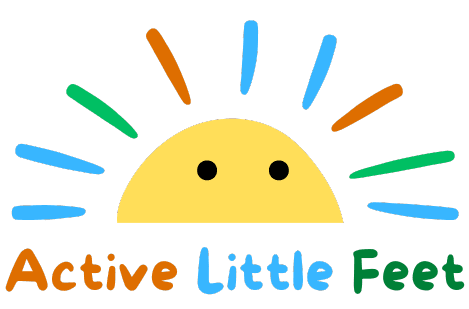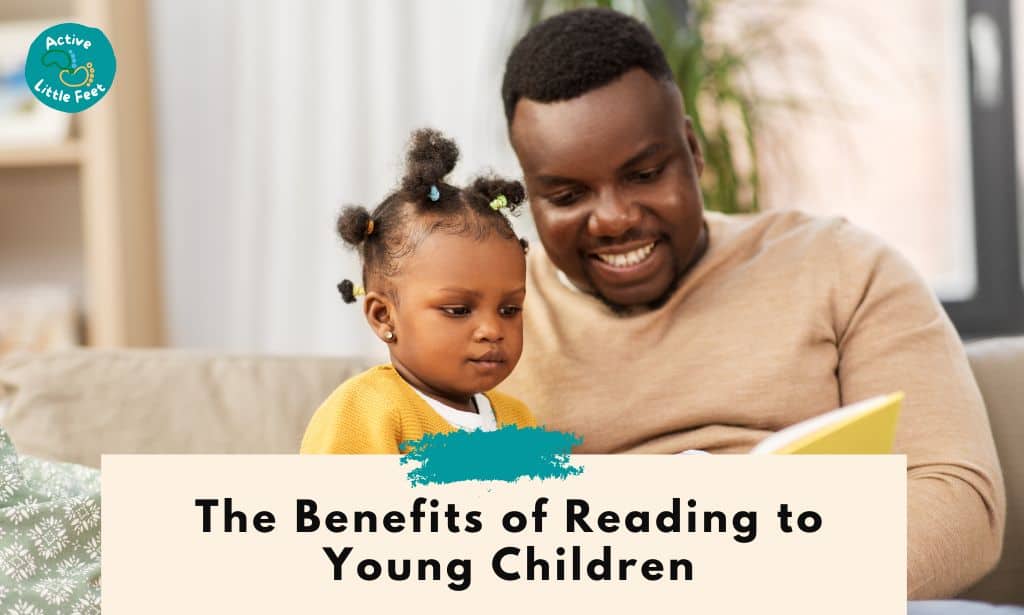Children enjoy listening to stories but don’t know they gain more than a good story. However, as a parent, you must understand the significance of reading to your kids and how it molds their future. So, keep reading if you’re unsure why you must spare an hour or two reading to your little ones.
Reading to your children enhances their cognitive development, improves language, builds self-confidence, and prepares them for formal learning. In addition, children who develop a reading habit acquire various skills, including fluency, decoding, reading, and listening.
The goal is to make the reading experience fun while equipping your child with pre-reading skills to give them a head-start before they start school. In fact, research by Ohio State University’s professor Jessica Logan shows that children hear approximately 290,000 words more than children who aren’t read to by age 5.
That’s many words, further solidifying the importance of reading to children. However, that’s not all; below is a detailed list of reasons you should read to your children.

- 1. Reading Helps Your Child’s Cognitive Development
- 2. Your Child will Learn Language Patterns
- 3. Reading to Your Child Improves Concentration and Listening Skills
- 4. Story Time Improves Your Child’s Imagination and Creativity
- 5. Reading Creates Interesting Conversations
- 6. Reading Improves your Child’s General Knowledge Skills
- 7. Reading to your Child is a Bonding Activity
- 8. Storytime Creates a Lifetime Love for Reading
- 9. Reading Strengthens Your Child’s Brain
1. Reading Helps Your Child’s Cognitive Development
Cognitive skills enable your child to perceive, think and understand the world around them. When you read to your child, they will process the information and try to figure out how it relates to their environment. You provide your child with background knowledge about their world, and they try to understand it through what they see and hear.
Kids also develop cognitive skills like problem-solving, reasoning, memory, and language development. That’s because stories have different characters in various situations that require children to have an analytical mind. They will apply these critical thinking skills to find real-life solutions when they are older.
Additionally, following a story from beginning to end also builds memory. Your child will have to remember the characters’ names and other details so they can understand and follow the storyline. For young children, asking questions about the story also helps boost their memory muscles.
Finally, the more you read to your child, the more words they know and understand, expanding their language skills. Understanding language improves your child’s perception of their environment. Cognitive skills are essential in daily life, and reading goes a long way in helping your child achieve these skills.

2. Your Child will Learn Language Patterns
Children learn to talk by listening to adults. Reading to them helps them learn parts of speech and other elements of language. Moreover, the language of books or the written word is more descriptive and uses formal grammatical structures.
Additionally, reading to your child activates a part of their brain connected to visual imagery and understanding language patterns. This will help your child develop communication, social, and literacy skills improving their speech and use of grammar.
Research by Budding Readers shows that reading to your child from infancy will increase their receptive vocabulary by 40%. Receptive vocabularies are the number of words your child will understand before they start going to school.
3. Reading to Your Child Improves Concentration and Listening Skills
Toddlers struggle to sit still for long hours. Fortunately, reading to them can help change this behavior. The first step is to designate a specific time to read. Next, choose storybooks with topics your child is interested in.
They might get distracted initially, but when you stick to the schedule, you’ll notice that your child sits through the entire story-reading session. It happens because children eventually get invested in the story’s details, and their concentration ability increases with every storytime session.
So, you can start with short stories and gradually transition to longer ones if you notice an increase in their attention span. As you read to your child, they must be active and engaged to understand and enjoy the experience. Check out this article, where we offer great tips to help make reading fun for your kids.

4. Story Time Improves Your Child’s Imagination and Creativity
Today’s world changes quickly, and the young generation must widen their imagination. Reading stories with dragons, giants, or fairies helps improve your child’s imagination and creativity.
As they hear you read, they explore these strange worlds in their minds and also create new ones. Therefore, encouraging them to think anything is possible is an essential life skill.
5. Reading Creates Interesting Conversations
Stories are a great starting point for discussions with your child because you’ll encourage them to share their opinions. For example, you can discuss story elements like characters, relationships, and conflict while relating to real-life scenarios.
As you chat, your child is practicing their vocabulary, speaking, reasoning, and building their expressive language. In addition, you will notice your child using words and gestures to describe events, enhancing their communication and social skills.
6. Reading Improves your Child’s General Knowledge Skills
Children absorb the most information during the first six years of their life. They receive this information from multiple sources, including parents, teachers, friends, strangers, computers, games, television, and books.
The child’s goal during this time is to understand their environment, and reading to them helps expand their general knowledge. Books introduce various concepts and ideas that relate to your child’s environment.
Various types of children’s books include fiction, non-fiction, information, and sensory. They learn about places, people, events, and things with every book, expanding their knowledge and understanding of the world.

7. Reading to your Child is a Bonding Activity
Children value the uninterrupted time they spend together with you. Imagine getting cozy on the sofa or bed with your child and a good book. Despite being an educational activity, you can make it a fun and relaxing time for you and your child.
You will be in a quiet space where the only goal is to spend time doing what you both like, reading. Moreover, reading it to your child will create some of their happiest childhood memories. They will feel closer to you and appreciate your undivided attention during storytime.
Reading to your child is also a shared activity that helps to build trust between you and your child. Children need constant reassurance that you will be there for them, and reading together instills feelings of intimacy and love.
Reading to your child daily also creates a routine for both of you. Routines help nurture parent-child relationships, helping them have a more positive outlook. Your child will always look forward to these reading sessions.
8. Storytime Creates a Lifetime Love for Reading
Reading is a healthy habit that your child will benefit from even in adulthood. Most kids develop a love for reading over time and will transition to reading books for pleasure as they grow up.
Reading to your child will help them associate the activity with pleasure because they find the experience valuable and exciting. This encourages them to grow into independent readers. Simply put, a love for reading is a love for learning, and a passion for learning is crucial to success.
9. Reading Strengthens Your Child’s Brain
Reading to your child encourages them to use their brain for visual processing and understanding language and speech. These connections in the brain enable them to learn how to read eventually.
Reading also has other mental benefits, such as reducing stress and the progression of mental illness. After a full day of school activities, children appreciate a calming activity when they come home. Storytime will help your child calm their mind and sleep better at night.

Experts also recommend reading activities for children who suffer from anxiety or ADHD. Reading to the kids stimulates their brains and keeps them active, thus lessening their anxiety. If your child has a neurodivergent condition like ADHD, reading to them will improve their learning capability.
Experts recommend finding books about topics that interest them. For example, if your child is interested in art, get books about various art versions. We have an insightful article that explains how reading sensory books impacts your child’s brain development. Check it out here.
You can start reading to your child from birth. Some parents even begin before the baby is born. The most important thing is to know where to start. Experts recommend beginning with high-contrast picture books so your child can learn to associate words with pictures.
It is also essential to keep track of your child’s reading milestones, so you know their skill level and increase the difficulty level when necessary. Be sure to consider the different genres in kids’ books and what your child is interested in before buying them a book.




